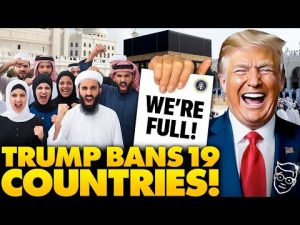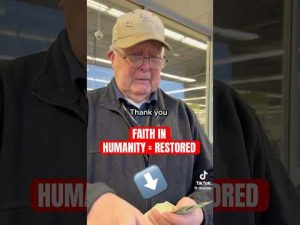In the world of politics, surprises are common, but some comments can still make headlines. Recently, a certain Robert F. Kennedy Jr. stirred up quite a buzz by sharing his opinions about Dr. Anthony Fauci, the well-known figure behind much of America’s public health policy, especially during the COVID-19 pandemic. Kennedy Jr., who has made quite a name for himself as an activist and political figure, has been vocal about his views on various health-related issues. However, this time, it appears he has set his sights on calling for action — and potential legal action, at that.
During a recent segment on a conservative news channel, Kennedy Jr. expressed some scathing opinions about Dr. Fauci. He was asked if he would prosecute Fauci if he were to become President. Kennedy Jr.’s response was bold and straightforward. He didn’t hesitate to imply that if there were indeed any crimes committed by Fauci, he would instruct the Attorney General to pursue a case against him. This remark resonated strongly in some circles, especially among those who feel skeptical about the mandates and policies that have shaped the nation during the health crisis.
The idea of prosecuting Fauci is certainly a dramatic one and reflects the simmering tensions in American politics surrounding health measures. Many Americans have strong feelings about the handling of the pandemic, and Kennedy’s words echo a sentiment shared by a number of people who believe that public figures should be held accountable for their actions. For those who view Fauci as a controversial figure, the notion of holding him accountable may seem like a much-needed step towards transparency and justice in public health decisions.
However, not everyone agrees with Kennedy Jr.’s line of thinking. Supporters of Dr. Fauci argue that he has been an essential resource for public health, offering guidance in an incredibly challenging time. They may view any prosecution attempts as politically motivated rather than based on genuine legal grounds. This argument underlines how deeply divided opinions remain about Fauci’s influence and decisions, making discussions around his accountability particularly heated.
Despite the stark divisions on this issue, it’s undeniable that Kennedy Jr.’s statements have reignited discussions about the roles of public health officials and the scrutiny they face from both the public and politicians. Whether in support of or in opposition to Fauci, many individuals are grappling with the consequences of measures taken during the pandemic and learning how to navigate the complexities of public health moving forward.
As the political landscape continues to evolve, it will be interesting to see how Kennedys’ bold statements affect not only his political aspirations but also public discourse surrounding accountability in health policy. One thing seems certain: as the debate rages on, the American people will be watching closely to see what unfolds next. After all, in the world of politics, controversy can be a catalyst for change — or just another Tuesday.







